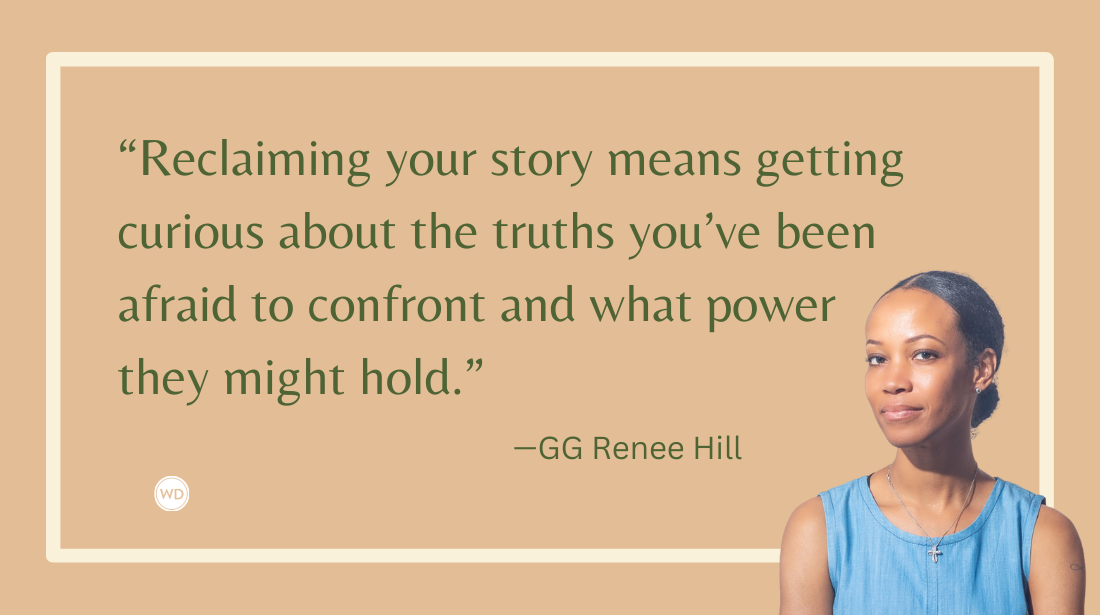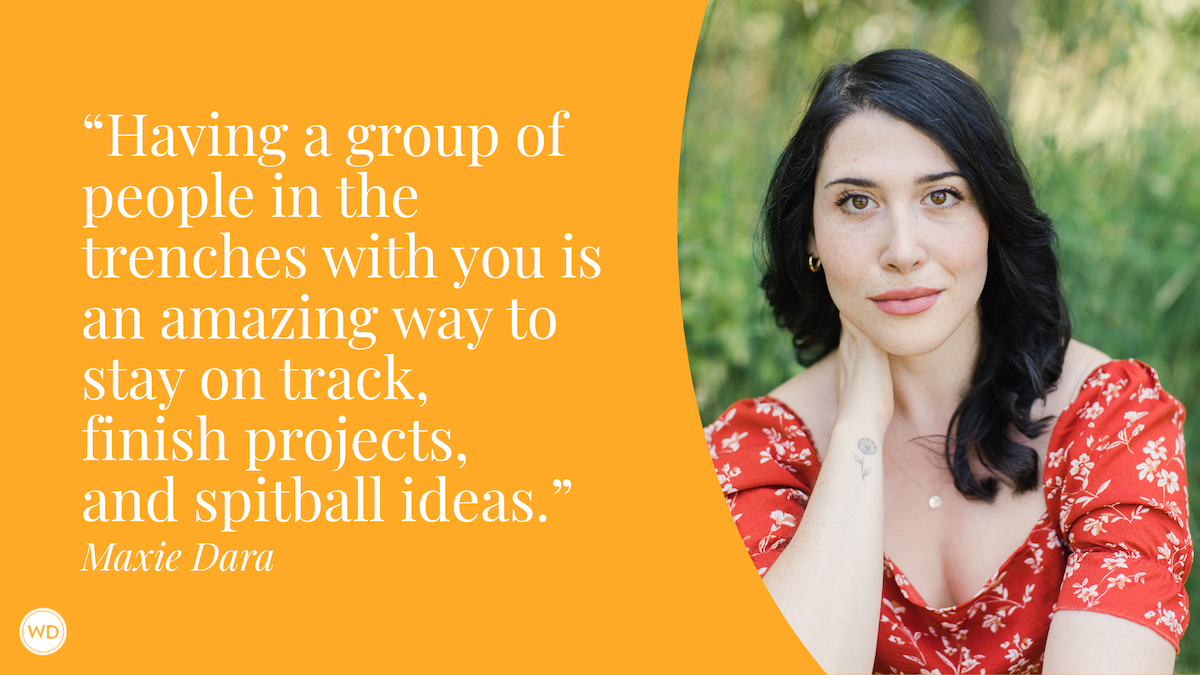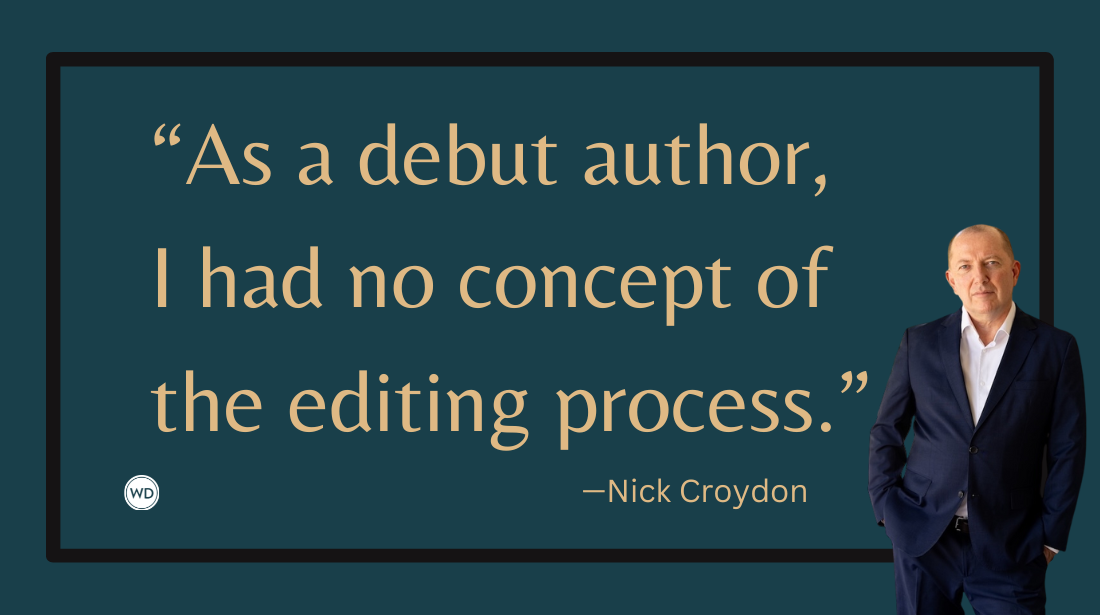The Two Big Mistakes to Avoid at Writing Conferences
OK, OK. It may sound like oversimplified advice for an entire blog post, but having attended a fair share of conferences and having once fallen on the (bitter, regret-laden) sword…
OK, OK. It may sound like oversimplified advice for an entire blog post, but having attended a fair share of conferences and having once fallen on the (bitter, regret-laden) sword of the first mistake mentioned below, I really believe these issues are very real beasts to be wary of when going to any conference. And it’s not just the turkey hangover speaking.
Thus, it’s the subject of the latest from Promptly’s Top 20 Tips From WD in 2010 series (the quote-worthy quips that branded themselves in my mind when we were creating these magazines throughout the year). A regular prompt follows.
No. 12: Conferences: The Forest, The Trees
“Writers make two big mistakes at conferences. The first is taking it all too seriously. Some folks are so overwhelmed with being at the conference [that] they forget to enjoy, learn and laugh. On the last day I see some [attendees] close to tears because they missed the trees for the forest. However, the other big mistake is being too laid back and too comfortable and forgetting the goal of getting published. While there are cocktail times and plenty of opportunities to mingle, publishing is a business.”
—Carrie McCullough, “Make the Most of Any Writing Event,” by Linda Formichelli, September 2010 (click here to check the rest of the issue out)
Finally, even though we ran the piece in the magazine back in 2009, Elizabeth Sims’ “How Even a Bad Conference Can Make You a Better Writer” remains one of my favorite articles on writing events (the body copy is actually quite hilarious). Since we’re talking conferences, here’s a sidebar snippet from it …
Making the Most of Any Conference
1. Arrive early to scope out everything, get settled and make friends. It’s incredibly bracing to have someone you can eat with or wave to as you enter a room.
2. Be on the lookout for faculty hanging around during downtime. Strike up a conversation, not about yourself and your work, but about them, because you’re here to learn. Try questions like, “If you were just starting out today, what would you be writing?” or, “What’s the best attribute an author can have?”
3. Carry a full-sized notebook for the full-sized ideas you’re going to write—not a tiny one for tiny ideas.
4. Focus sharply on what you want. Make a mission statement: “At this conference I intend to learn how to write better suspense / organize my nonfiction project / figure out an ending to my novel.”
5. If you’ve submitted work for critique, be open and receptive. Never argue or try to justify anything. Ask for more explanation, but don’t take notes—it’ll only distract you. As soon as it’s over, write full notes.
6. Make up your mind you won’t be judgmental, easily offended or needy. Remember, it’s not about you—it’s about your writing.
[And, finally, from the end of the piece:]
Figure out how much whiskey you think you’ll need, then pack double that amount.
* * *
WRITING PROMPT: Darkly Deemed Days
Feel free to take the following prompt home or post a response (500
words or fewer, funny, sad or stirring) in the Comments section below.
By posting, you’ll be automatically entered in our occasional
around-the-office swag drawings. If you’re having trouble with the
captcha code sticking, e-mail your piece and the prompt to me at
writersdigest@fwmedia.com, with “Promptly” in the subject line, and I’ll
make sure it gets up.
It was the ultimate Black Friday deal. But it was the type of thing you don't get in a store.
Zachary Petit is a freelance journalist and editor, and a lifelong literary and design nerd. He's also a former senior managing editor of Writer’s Digest magazine. Follow him on Twitter @ZacharyPetit.









